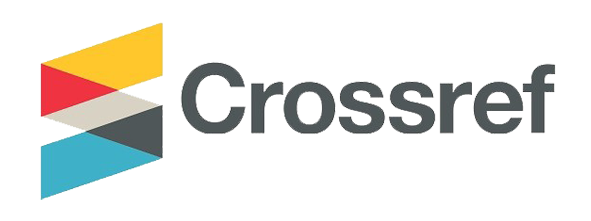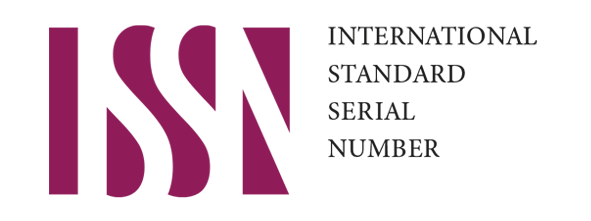 |
|
Education Achievement : |
| :::E-ISSN: 2774-2784::: |
| ::: Policies ::: |
| Focus and Scope |
| Peer Review Process |
| Editorial Team |
| Publication Frequency |
| Publication Ethics |
| Author Free Charge |
| Correction and Retraction |
| Screening Plagiarism |
| ::: Submission ::: |
| Author Guidelines |
| Download Manuscript Template |
| Reviewer Guidelines |
| ::: Tools ::: |
 |
 |
 |
 |
| ::: Index ::: |
 |
 |
 |
 |
| ::: Support ::: |
 |
 |
| ::: Visitor ::: |
 |

